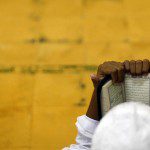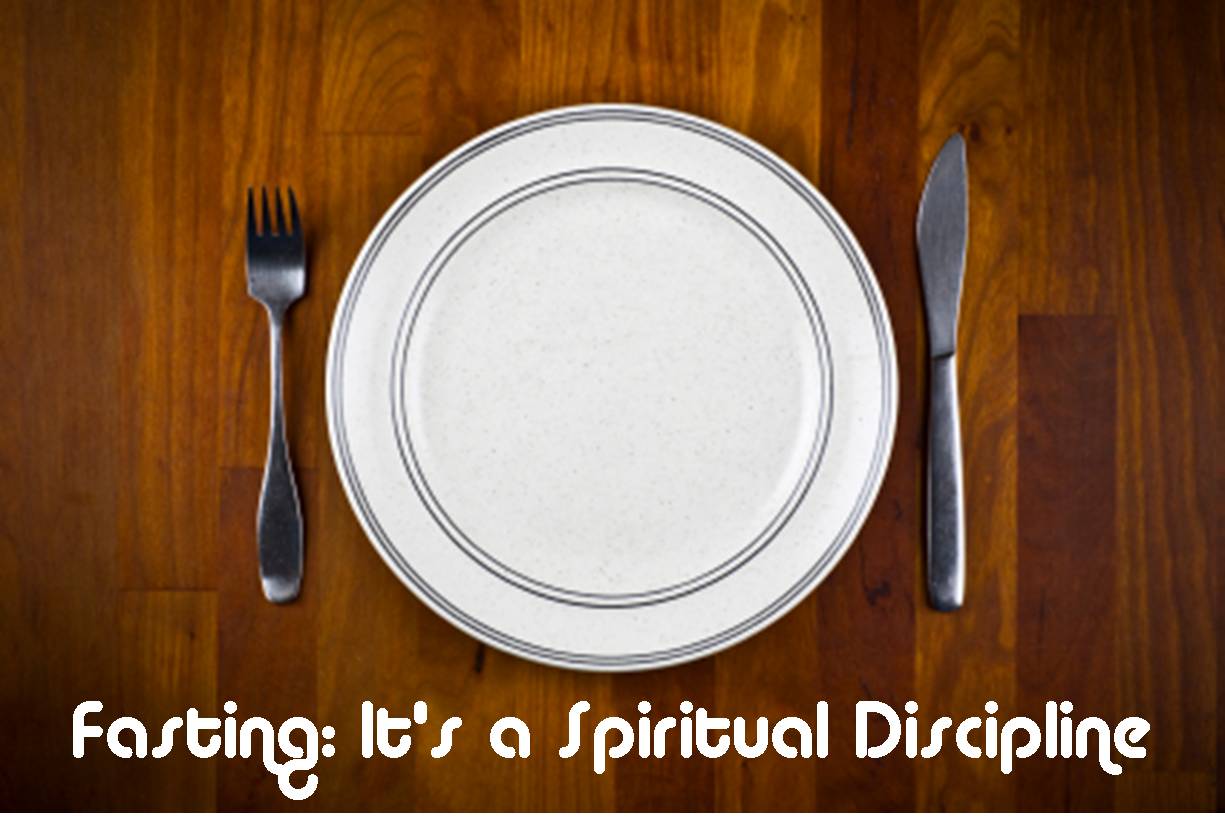Chapter theme:
- The theme is based upon the fact that oppressive systems based on corruption are bound to perish. The messengers warned their respective communities, however they were not to listen. Eventually, their oppressive systems collapsed.
- It describes different aspects of societies that were corrupt but the chiefs among them resisted change, perhaps because they could not exploit people under the system which the messengers brought.
A very short summary of the chapter can be found in the following verses:
Among the generations before your time, only a few were virtuous enough to discourage disorder in the land. We saved those few, whereas those who continued to violate human rights only pursued material riches. And they were guilty of stealing the fruit of others’ labor (and they were requited). V116
Your Sustainer never unjustly destroys a community (for wrong beliefs alone) as long as its people are reformers, setting right their own, and one another’s condition. V117
Chapter Notes:
- The chapter starts and ends with urging the reader to serve God.
- More than half of the chapter narrates the account of Nooh, Hud, Salih, Ibrahim, Loot, Shoaib, and Musa. This is the second chapter after Ch 7 to follow such a pattern.
- Many commandments resemble those found in Ch 10.
- While chapter 10 was theoretical, Ch 11 outlines the onground reality when you preach God’s system.
- The chapter starts off by asking the reader not to turn away (Tawalla) and ends with asking him to establish connection (Salat). This shows that Tawallao and Salat are opposites, also confirmed in 75:31-32
- Nooh’s son was not noble, and thus Nooh could not save him from the punishment. Lut’s wife was not noble, and this Lut could not save her from the punishment. How on earth can we expect prophets to intercede on our behalf then?
Passage Breakdowns:
Passage 1 (1-24)
- The chapter starts off by reminding the reader to not serve anyone besides God. This sets the tone for the chapter.
- Since every creature on this Earth depends on God for sustenance, It can provide abundantly for everyone if we implement It’s laws. However, we must be honest in our approach because God knows our innermost thoughts. We must not profess belief, rather apply it.
- It is God’s mercy that His Law of Requital does not grasp the oppressors instantly: He gives them time to mend their ways. However, the oppressors deem this delay as a sign that they are not going to be held accountable for their actions, and thus oppress people to gain power. Furthermore, they complicate God’s system by changing it to their benefit, giving them an additional tool to oppress people though religion, and thus disregard their souls.
- Moreover, they wonder why the messenger does not possess treasures or show them ‘angels’. That is where the fundamental problem lies: They equate spiritual abundance to accumulation of material possessions.
- The attitude of these people is that if a trial comes to them, they abandon all hope in god and reject it. However, if that trial is removed, they are boastful about it as if they themselves were the ones to remove it. This shows their very self-centered approach to life!
- Passage ends by asking: Can the blind and seeing be equal? Or can the deaf and listener be equal? Then how could they receive similar treatment?
Passage 2 (25-49)
- Narration of the account of Nooh: How he tried to reform his community but was met with rejection.
Passage 3 (50-60)
- Narration of the account of Hood: How he tried to reform his community (Aad) but was met with rejection.
- I believe, Aad represents the religious part of a society that invents dogmas and exploits people for their own benefit.
Passage 4 (61-68)
- Narration of the account of Salih: How he tried to reform his community (Thamud) but was met with rejection.
- Unique aspect is the ‘she camel’ metaphorically used to represent the poor working class people. It focuses upon the exploitation of these people in a society by restricting them land and it’s produce which should be available to every citizen.
- Thamud seem to have placed great hopes in Salih which means that he was a respectable and honored person among them. However, that was quickly to change after he preached against their oppressive system.
Passage 5 (V69-83)
- Narration of the account of Ibrahim and Loot: How Loot tried to reform his community but was met with rejection.
Passage 6 (V84-95)
- Narration of the account of Shoaib: How he tried to reform his community but was met with rejection.
- This focuses on trading justly and equitably. Systems that cheat others eventually collapse.
Passage 7 (V96-100)
- Narration of the account of Musa: How he tried to reform his community but was met with rejection.
- Firaun represents a tyrant dictator who exploits people. Musa’s encounter with Firaun is the ultimate and holistic challenge against an unjust society.
Passage 8 (101-124)
- God did not wrong these communities, but they were wronging themselves! Ultimately, they collapsed.
- God’s law of requital never fails.
- Do not follow your forefathers blindly!
- Had God willed, He would have made you one community. Do not divide yourselves over the interpretations of the Quran, like Musa’s people did.
- Stand firm as you are commanded, and be moderate in all your actions.
- Do not be intimidated by the oppressors.
- Establish connection with God (Salat)
- The accounts of messengers are given to firm your resolve.
- Labor in God’s cause, and disregard others.
- Serve and put your trust in Him alone.












